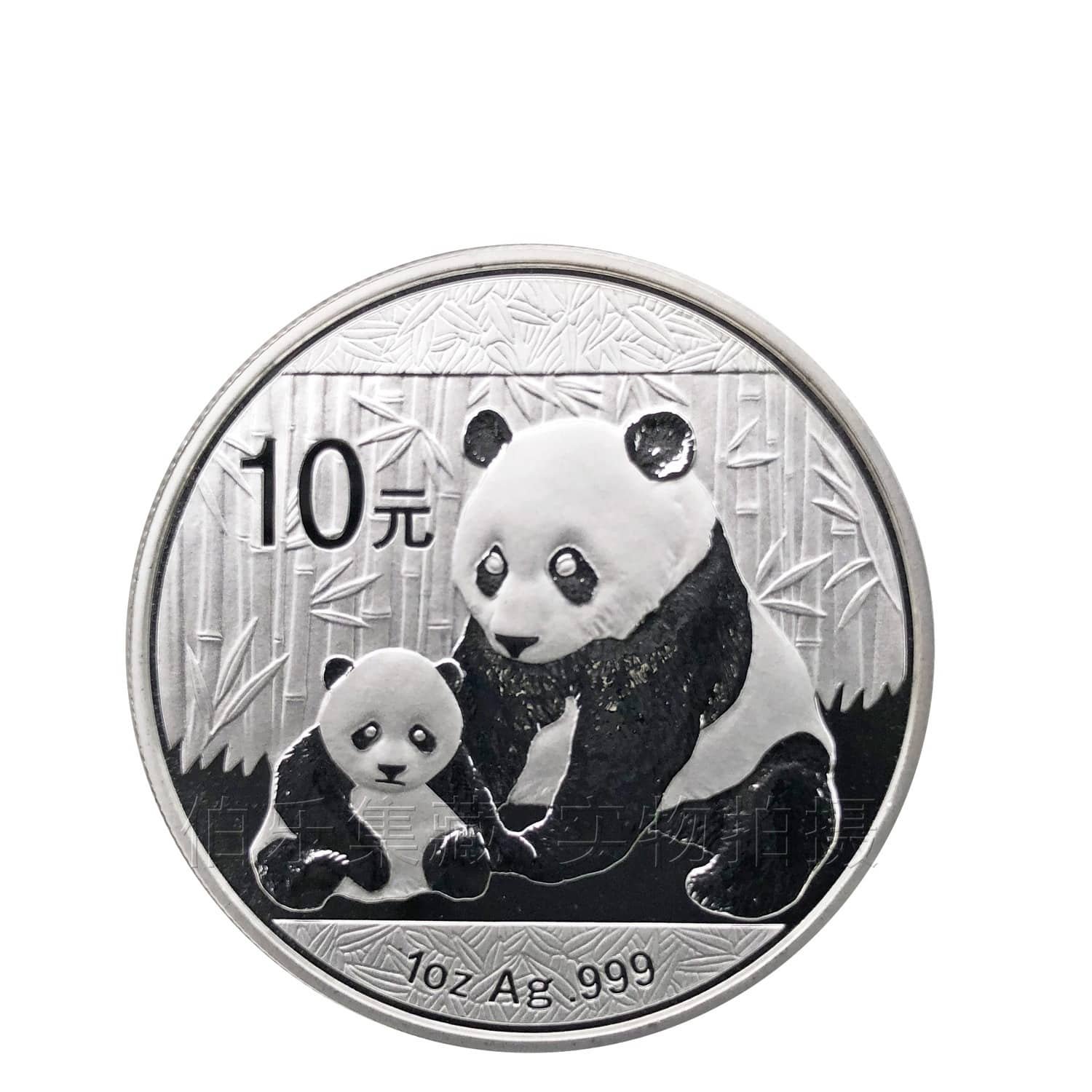Blog
Ethical Silver Sourcing: Understanding Fair Trade and Sustainable Practices
Table of Contents
- Introduction
- The History of Silver Trading
- Understanding Ethical Silver Sourcing
- Fair Trade Practices
- Environmental Sustainability
- Social Responsibility
- Traceability and Transparency
- Certification and Standards
- The Impact of Ethical Sourcing
- Benefits for Miners and Communities
- Environmental Conservation
- Consumer Awareness
Introduction

Silver has captivated humanity for millennia, its lustrous sheen adorning everything from ancient coins to modern electronics. But behind the glamour of this precious metal lies a complex web of ethical considerations. As consumers become increasingly conscious of the impact their purchases have on the world, the demand for ethically sourced silver has grown. This blog post delves into the world of ethical silver sourcing, exploring fair trade practices and sustainable methods that are reshaping the industry.
The History of Silver Trading

The story of silver trading is as old as civilization itself. Ancient civilizations like the Egyptians and Greeks prized silver for its beauty and rarity. As trade routes expanded, silver became a global commodity, playing a crucial role in the development of monetary systems.
The Spanish conquest of the Americas in the 16th century led to a silver boom, with mines in Mexico and Peru flooding European markets. This influx of silver had far-reaching economic consequences, fueling global trade but also leading to exploitation of indigenous populations.
The Industrial Revolution brought new technologies to mining, increasing production but often at great human and environmental cost. As the 20th century progressed, concerns about labor conditions and environmental damage began to surface, setting the stage for today’s push towards ethical sourcing.
Understanding Ethical Silver Sourcing

Fair Trade Practices
At the heart of ethical silver sourcing lies the concept of fair trade. This approach ensures that miners and workers receive fair compensation for their labor. Fair trade practices often include:
- Guaranteed minimum prices for silver
- Premiums paid to support community development projects
- Safe working conditions and proper equipment
- Prohibition of child labor and forced labor
By adhering to these principles, fair trade silver helps break the cycle of poverty often associated with traditional mining practices. To know more about the mining of silver here is a post about this topic.
Environmental Sustainability
You could begin to invest in silver with this cool Chinese silver ingot
SILVERLOVER10
Use this code to get an extra 10% off on your purchase.

Ethical silver sourcing places a strong emphasis on minimizing environmental impact. Sustainable mining practices aim to:
- Reduce water pollution and soil contamination
- Minimize deforestation and habitat destruction
- Implement responsible waste management systems
- Explore less harmful extraction methods
Many ethical silver producers are also investing in land reclamation efforts, working to restore ecosystems damaged by past mining activities.
Social Responsibility
Beyond fair wages, ethical silver sourcing encompasses broader social responsibilities. This includes:
- Supporting education and healthcare initiatives in mining communities
- Empowering women through equal employment opportunities
- Respecting indigenous rights and cultural heritage
- Fostering local economic development beyond mining
These efforts help create more resilient communities that can thrive even after silver deposits are exhausted.
Traceability and Transparency

A key aspect of ethical sourcing is the ability to trace silver from mine to market. This involves:
- Implementing chain of custody systems
- Providing detailed documentation of silver’s journey
- Allowing third-party audits of supply chains
- Using technology like blockchain to enhance traceability
Transparency builds trust among consumers and helps prevent the infiltration of unethically sourced silver into the supply chain.
Certification and Standards
Various organizations have developed standards and certification programs to guide and verify ethical silver sourcing. These include:
- Fairmined Standard
- Responsible Jewellery Council Certification
- Fairtrade Silver Standard
These certifications provide consumers with assurance that their silver has been sourced according to rigorous ethical and environmental criteria. Find more about this here.
The Impact of Ethical Sourcing

Benefits for Miners and Communities
Ethical silver sourcing has tangible benefits for those at the beginning of the supply chain. Artisanal and small-scale miners, often among the most vulnerable workers, see improvements in:
- Income stability
- Workplace safety
- Access to education and healthcare
- Community infrastructure
These changes can break the cycle of poverty and create more sustainable livelihoods.
Environmental Conservation

The shift towards ethical sourcing is having a positive impact on the environment. Sustainable practices are helping to:
- Preserve biodiversity in mining regions
- Reduce greenhouse gas emissions associated with mining
- Protect water sources from contamination
- Minimize the overall ecological footprint of silver production
As more companies adopt these practices, the cumulative effect on environmental conservation could be significant.
Consumer Awareness
The rise of ethical silver sourcing is part of a broader trend towards conscious consumerism. As awareness grows, consumers are:
- Demanding more information about the origins of their purchases
- Willing to pay premium prices for ethically sourced silver
- Pressuring companies to adopt more responsible practices
- Using their buying power to drive positive change in the industry
This shift in consumer behavior is a powerful force pushing the silver industry towards greater sustainability and ethical responsibility.
In conclusion, ethical silver sourcing represents a crucial step towards a more just and sustainable future for the silver industry. By embracing fair trade practices, environmental sustainability, and social responsibility, we can ensure that the allure of silver doesn’t come at the cost of human dignity or ecological health. As consumers, we have the power to support these efforts, making choices that reflect our values and contribute to positive change in the world of silver production.





